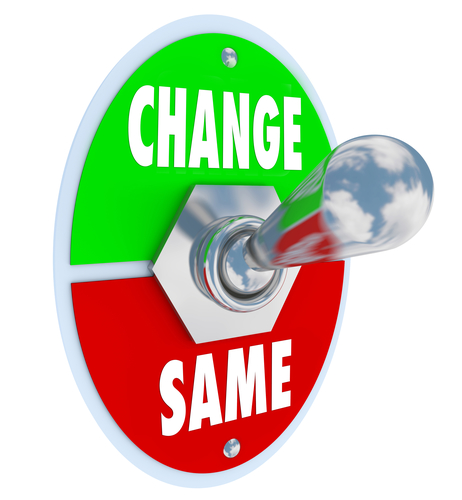By Jonathan Chevreau,
Financial Independence Hub
A disturbing survey was released today from Minneapolis-based Allianz Life Insurance Company of North America. Its press release about the Generations Apart survey led off with the statement that “Living with debt has become a way of life for both Generation X (Gen X) and baby boomers as the stigma of owing money is gradually disappearing.”
Here’s the bit that really got me: it found that 48% of both generations “agree that credit cards now function as a survival tool” and 43% agree that “lots of smart, hardworking people who are careful with spending also have a lot of credit-card debt.”
Allianz Life did note that this alarming “growing comfort with debt” may affect the retirement plans of Gen X: “Twice as many Gen Xers (27% versus 11% of boomers) say they are either unsure about when they plan to retire or don’t plan to retire at all.”
The 2,000 Americans surveyed include 1,000 boomers aged 49 to 67, and 1,000 Gen Xers aged 35 to 48. It found Gen Xers are carrying 38% more in mortgage debt (average of US$144,000 versus $90,000 for boomers) and 45% more in non-mortgage debt, comprised of student loan debt (average of US $12,000 versus $5,000 for boomers) and credit-card debt (average of US $8,000 versus $6,000 for boomers).
It suggested one reason Gen Xers have higher debt is there generally earlier use of credit cards – 76% of Gen Xers got their first credit card between the ages of 18 and 24 versus 68% of baby boomers.
Almost half of GenXers revolve their credit card balances







